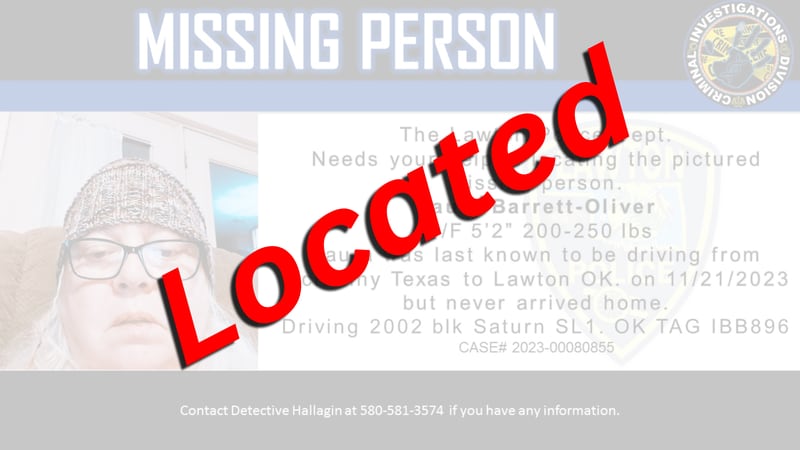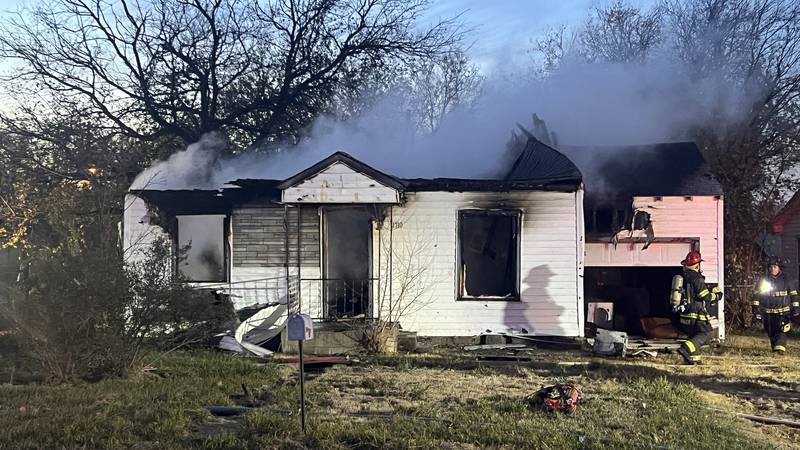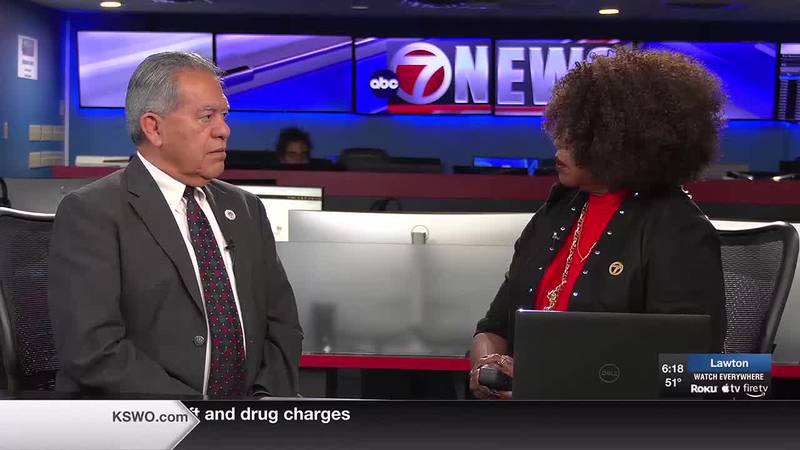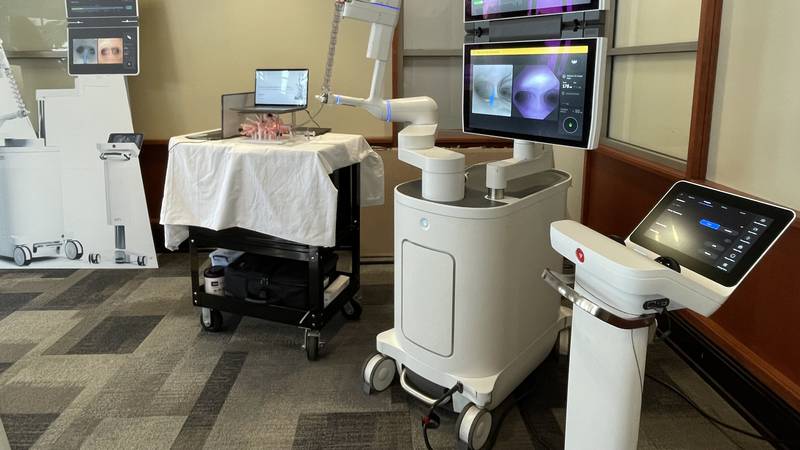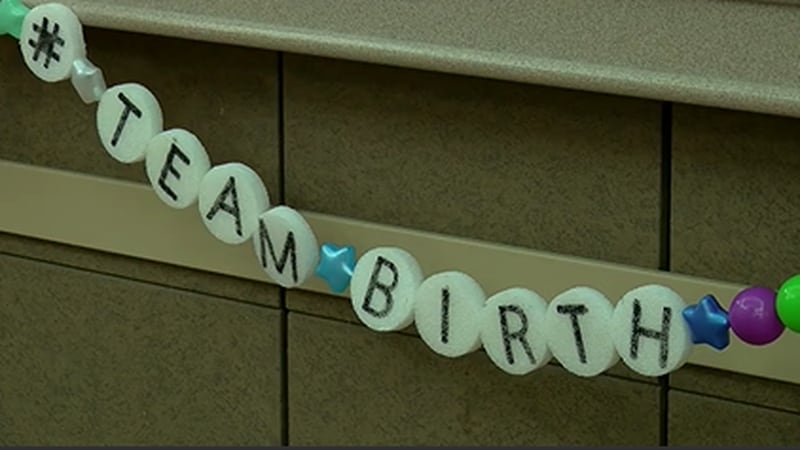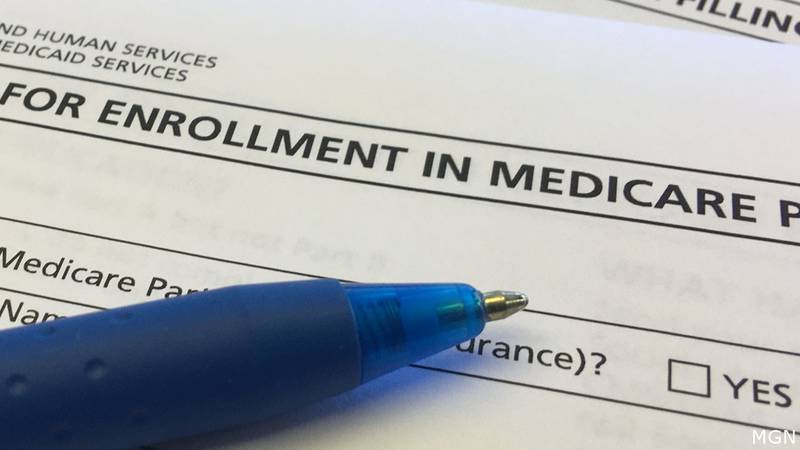Are therapists required to share sensitive information under new law?
LAWTON, Okla. (KSWO) - All healthcare providers in Oklahoma will be required to use a shared information database starting July 1, but there are two major concerns: cost and confidentiality.
Other states have Health Information Exchanges, or HIEs, but Oklahoma will be one of the few to require broad participation from healthcare providers.
“The ultimate goal of the HIE is to give more control to Oklahoma citizens of their healthcare data,” Representative Marcus McEntire said at a conference hosted by the Oklahoma Healthcare Authority.
But while some healthcare providers see the benefits, others have concerns.
Lawton-based licensed counselor Cartessa Smith said, “I don’t want my clients to be uncertain about what information that the health professionals in Oklahoma are going to have access to.”
Dr. Brian Birdwell works at Main Street Clinic in Lawton. He says this will help share important information. Information carried on the database would include records like the names of healthcare professionals giving treatment, current medications and diagnoses.
“This is a fundamentally good thing in terms of homogenizing care, and bringing every care place up-to-date,” said Dr. Birdwell.
But Smith says sharing information with other doctors isn’t the point of what she does in the field of mental health.
“I don’t want my clients to be uncertain about what information that the health professionals in Oklahoma are going to have access to,” Smith said.
Ultimately, Rep. McEntire said the point of the bill isn’t to invade privacy, adding, “Confidential patient data and counselor notes are not transmissible to the HIE. Nobody wants their secrets, their problems out on an HIE.”
While patients can opt out of sharing information, all healthcare providers will need to pay $5,000 to get set up in the database unless they are approved for an exemption.
Smith said, “It’s a very, very high cost to pay for something that we would benefit so little from, and are taking such a big risk to engage in.”
Copyright 2023 KSWO. All rights reserved.
